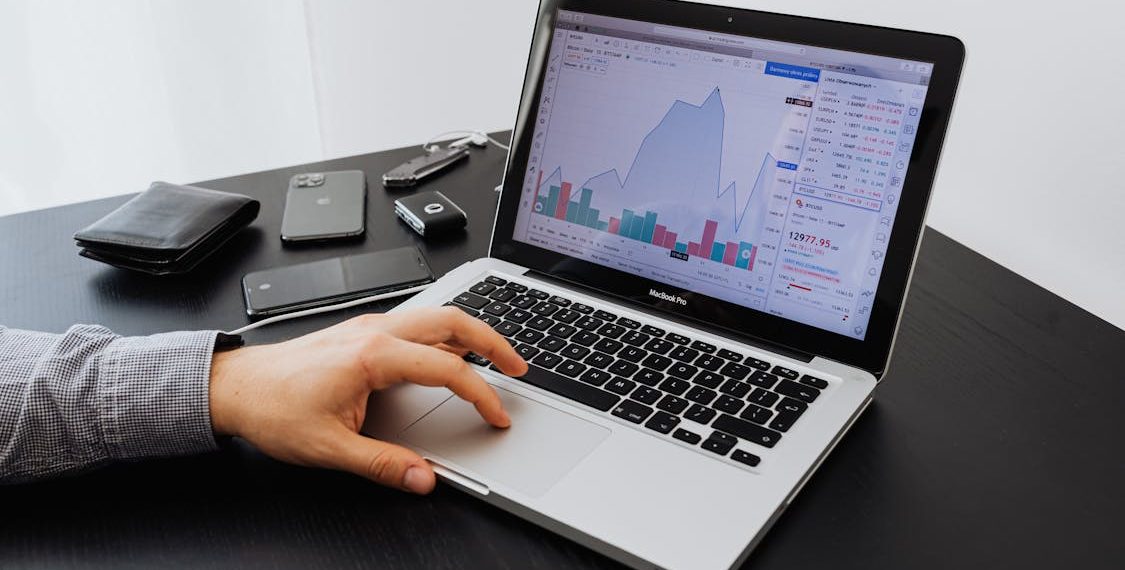Prop trading, or proprietary trading, is an exciting, fast-paced world. For ambitious traders, it allows using a firm’s capital to make trades, keeping a share of the profits. But that doesn’t mean success in this field is a matter of luck or intuition. It requires a bit of technical ability, discipline, and adaptability. Below are 7 essential skills every prop trader needs to master to succeed in the trading space.
Table of Contents
1. Risk Management
Protecting your capital is the first rule of prop trading. Setting a stop loss is not risk management; it’s a mindset. Before you enter a trade, you have to know how much you’re willing to lose. It’s about how to manage position size and diversify trades.
A good trader knows that no one trade should put your account at risk. Long games should always be the focus, not quick wins. Without it, patience and discipline will result in inconsistent growth, which will leave traders frustrated and giving up, unable to continue in the face of inevitable losses, and without a cumulative strategy that enables them to win.
2. Emotional Control
Trading can be an emotional rollercoaster. There are exhilarating highs and crushing lows. The ability to stay calm and composed during both is a hallmark of a great trader. Emotional decisions often lead to impulsive trades, which can be disastrous. Successful prop traders practice mindfulness and maintain a level head. They don’t let greed or fear dictate their actions. Instead, they stick to their strategy, even when emotions run high.
3. Technical Analysis
A solid grasp of technical analysis is crucial for any prop trader. This involves understanding charts, patterns, and indicators to predict market movements. Traders need to recognize trends and know when to enter or exit a position. Technical skills also include the ability to adapt to different markets. Forex prop firms, for example, may require traders to have specialized knowledge of currency pairs. Regardless of the asset, a strong foundation in technical analysis can give traders a significant edge.
4. Adaptability
Markets are constantly changing. Strategies that worked yesterday might not work today. The best traders are those who can adapt to shifting conditions. This means staying informed about market news and being open to learning new techniques. Flexibility allows traders to seize opportunities and avoid unnecessary risks. Stubbornly sticking to a single approach is a recipe for failure in the ever-evolving trading landscape.
5. Patience
In trading, patience truly is a virtue. Opportunities don’t appear every minute, and forcing trades often leads to losses. Successful prop traders know when to sit back and wait for the right setup. They understand that it’s better to miss a trade than to jump into a bad one. Patience is also about giving trades time to develop instead of panicking at the first sign of a pullback. Waiting for the right moment often leads to better outcomes.
6. Data Analysis Skills
Modern trading relies heavily on data. Traders must analyze historical trends, backtest strategies, and interpret real-time information. The ability to sift through data and extract meaningful insights is invaluable. This doesn’t mean traders need to be data scientists, but a working knowledge of tools like spreadsheets and trading platforms is essential. Data analysis helps traders make informed decisions rather than relying on gut feelings.
7. Networking and Collaboration
While trading might seem like a solitary activity, networking is an underrated skill in the industry. Being part of a trading community or a prop trading firm allows traders to exchange ideas, share strategies, and learn from others. Collaboration can lead to new perspectives and opportunities. Even seasoned traders benefit from the insights of their peers. Building relationships within the trading world can open doors to better tools, resources, and advice.
Conclusion
Mastering these seven skills takes time and effort. But for those willing to put in the work, the rewards can be significant. Prop trading isn’t just about making trades; it’s about building a disciplined and adaptable mindset. By focusing on risk management, emotional control, and technical expertise, traders can navigate the challenges of the market with confidence. Patience, adaptability, and a willingness to learn will always set successful traders apart from the rest. With these skills in hand, the path to a thriving career in prop trading becomes much clearer.

